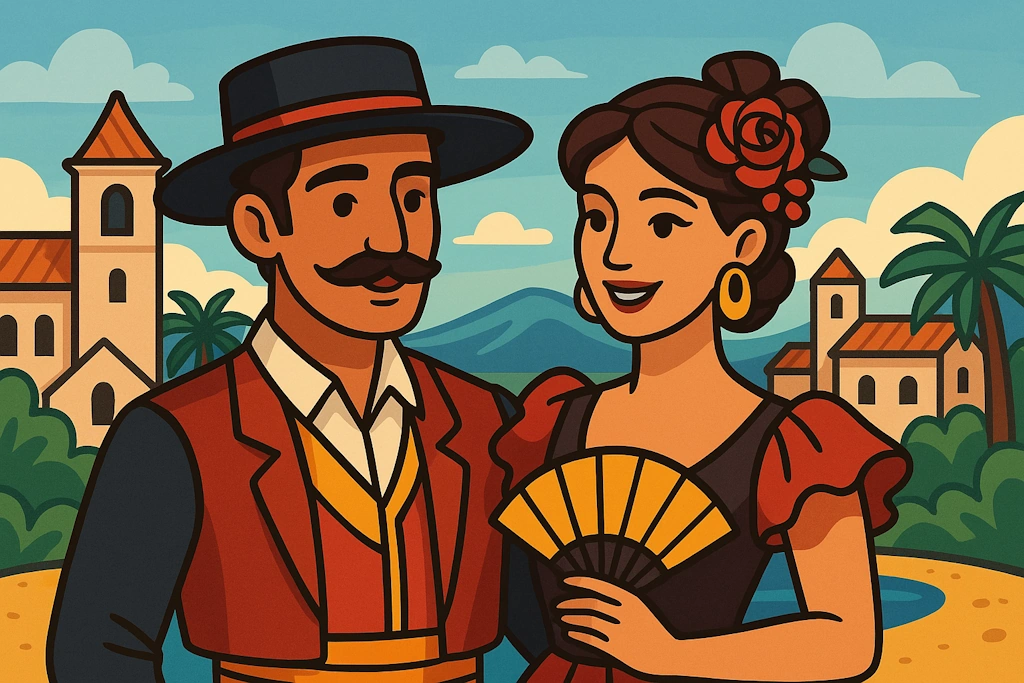🇪🇸Spanish Names(Existing Male)
Generate vibrant Spanish names reflecting Hispanic heritage from Spain and Latin American cultures.
Choose your style:

Spanish Names
Generate vibrant Spanish names reflecting Hispanic heritage from Spain and Latin American cultures.
Example Spanish Names
Get inspired by these sample results
- Carlos Miguel Ruiz Zafón
- Isabel Allende
- Pablo Picasso
- María Mercedes González
- Francisco José García
- Ana Sofía Rodriguez
- Diego Fernando Torres
- Elena Victoria Martínez

